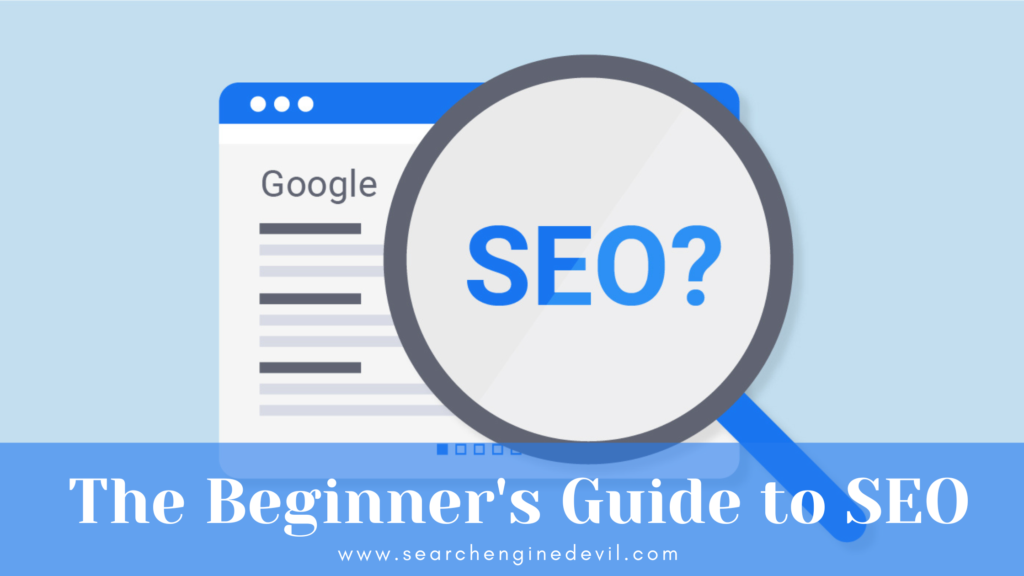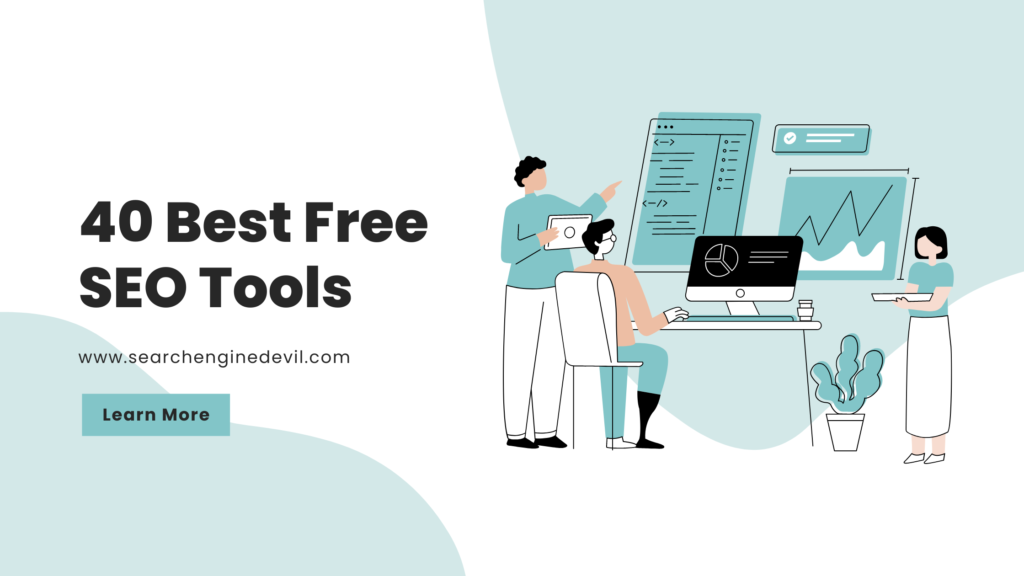Welcome to the exciting world of Search Engine Optimization (SEO)! Are you ready to unlock the secrets of ranking higher in search results and attracting organic traffic to your website? This beginner’s guide will equip you with the essential knowledge and actionable steps to navigate the SEO landscape like a pro.
What is SEO?
Simply put, SEO is the process of optimizing your website and online content to rank higher in search engine results pages (SERPs) for relevant keywords. This increases your website’s visibility and drives organic traffic, ultimately leading to more leads, sales, or conversions, depending on your website’s goals.
Why is SEO important?
Think about it: when someone has a question or needs information, they turn to search engines like Google. If your website ranks high for relevant keywords, it has a much better chance of being seen by potential customers or readers. This organic traffic is valuable because it’s targeted and often leads to higher engagement and conversions compared to paid advertising.
The Essential Pillars of SEO:
Now, let’s delve into the key aspects of a successful SEO strategy:
1. Keyword Research:
The foundation of any SEO strategy is keyword research. This involves identifying the terms and phrases people use to search for information related to your website’s offerings. Tools like Google Keyword Planner and SEMrush can help you uncover relevant keywords, their search volume, and competition level.
Here’s how to break down keyword research:
- Identify relevant keywords: Brainstorm terms closely related to your niche and target audience.
- Analyze search volume: Choose keywords with enough search volume but not too much competition.
- Consider long-tail keywords: Longer, more specific keywords can be easier to rank for and attract targeted traffic.
2. On-Page Optimization:
Once you have your keywords, it’s time to optimize your website content for them. This includes:
- Optimizing page titles and meta descriptions: Include relevant keywords naturally and write compelling descriptions to attract clicks.
- Using header tags: Structure your content with H1, H2, and H3 tags to improve clarity and readability.
- Optimizing images: Use descriptive alt tags with relevant keywords.
- Creating high-quality content: Offer valuable, informative, and engaging content that resonates with your audience and addresses their search intent.
- Internal linking: Link relevant pages within your website to distribute link juice and improve user experience.
3. Technical SEO:
While you’re creating amazing content, ensure your website’s technical aspects are in order for search engines to crawl and index it efficiently. This includes:
- Mobile-friendliness: Make sure your website displays and functions seamlessly on all devices.
- Website speed: Optimize page loading times for a smooth user experience.
- Structured data markup: Implement schema markup to provide search engines with richer information about your content.
- Robots.txt and sitemap: Ensure robots understand how to crawl your website and submit your sitemap to search engines.
4. Off-Page Optimization:
Beyond your website, building trust and authority is crucial for SEO. This involves:
- Link building: Acquire backlinks from high-quality, relevant websites. Focus on quality over quantity, and avoid spammy tactics.
- Local SEO: If you have a local business, optimize your Google My Business listing and citations across local directories.
- Social media engagement: Build an active social media presence to increase brand awareness and drive traffic to your website.
5. Stay Informed and Adapt:
SEO is an ever-evolving landscape. Stay updated with Google algorithm changes, industry trends, and best practices by following SEO experts and publications. Continuously monitor your website’s performance and adapt your strategy accordingly.
Remember:
SEO is a long-term game, not a quick fix. It requires patience, consistent effort, and a focus on providing value to your audience. By implementing these essential steps and staying informed, you can navigate the SEO journey and achieve sustainable success online.
Additional Resources:
- Google Search Central: https://developers.google.com/search/
- Moz Beginner’s Guide to SEO: https://moz.com/beginners-guide-to-seo
- SEMrush Blog: https://www.semrush.com/blog/
Bonus Tip: Don’t be afraid to experiment and track your results. Analyze what resonates with your audience and adapt your strategy for continuous improvement.



